1.2-million impressions from every Artize die
A story of Delhi's Luthra family who entered a business they had never heard of, discovered a market and ran with it. The Luthras of Artize Die narrate the turn of events to Rahul Kumar.
19 Nov 2016 | By Rahul Kumar
Established in 2011, Artize Die Makers is perhaps one of the youngest manufacturers of flatbed dies that has already reached the big league. So much so that recently the company inaugurated a brand-new facility in Kundli Industrial Area in Haryana. Understandably, the new facility is much bigger in terms of size, capacity and technology, and is more technical equipped. The company’s earlier plant is in Naraina Industrial Area in the heart of Delhi. With both the plants, Artize now has a capacity and technology to produce 200 dies per day, with the help of a team of 40 people.
The company, run in partnership with Tilak Raj Luthra and his two sons Rahul and Mukul, manufactures all conceivable dies – embossing dies, cutting dies, sticker dies, label dies, stripping dies, Pertinex counter, steel counter, rubberised dies, among others. “We also manufacture special dies, which remove waste part of the sheet automatically,” says Rahul Luthra, adding, “We are the only die manufacturer in North India to offer pre-rubberised dies.”
And to think that Artize almost did not exist! The Luthras are a traditional family of traders with business in Sadar Bazaar, one of the largest wholesale markets of household items in Delhi. When the discussion about expansion and diversification came up a few years back, one of Mukul Luthra’s school friends, who also happens to be printer, suggested that Luthra could start a die-making business.
Until then, the Luthras had no connection with printing, except perhaps placing orders for wedding cards. And they had no clues about manufacturing. Why manufacturing? This is the first question the senior Luthra asked. According to him, trading was the ideal business, no investment and less risk.
“It was certainly not an easy decision for a trader to shift into manufacturing and especially invest such huge sums of money,” says Luthra, “But we did it. Since then, we have been investing continuously and growing too.”
Besides dies, Artize also produces Pertinex counter plates for fine creasing, especially for flexible substrates. “It is a new concept for the Indian market, but it provides fantastic results. Yes, it is slightly expensive, but the quality that it offers is worth it.”
Luthra says Artize is one of the few die-makers in India to use Russian wood, and a combination of European and Japanese rules for dies manufacturing. These tiny details are important for the company and they are what set it apart from others. “Die-making is not just about filling steel in wood,” Luthra argues, “It is no less than an engraving process.”
Learning fast
What propelled this growth spurt for Artize? Luthra’s answer is simple: Be on the forefront of change. “In the last five years, we have learned that new equipment with latest technology is the game-changer, and we opted for those,” says Luthra. For example, only recently, the company installed a 2000-w laser machine. “This has increased our capacity by around four times, as this is the fastest machine in India,” he adds.
And thus, Artize is prepared to such an extent that you ask for any die job and it can do it. “We can manufacture all kinds of flatbed dies,” Luthra says.
This is a sound business strategy. The company has found a gap in the Indian market and is now going all out to bridge it. Luthra explains, “We have found that rotary dies for narrow-web flexography presses is a big market, and the market entirely depends on imported dies. We see an opportunity in India, and soon we will invest in both technology and equipment in rotary die manufacturing. Being a domestic manufacturer, we will have advantages like faster and economical delivery.”
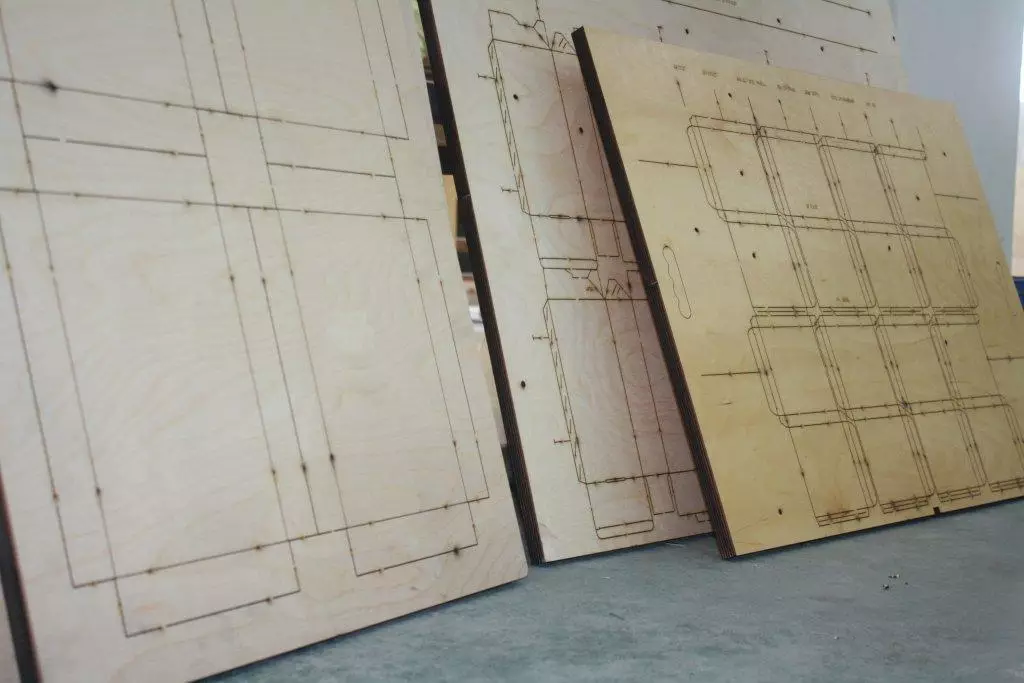
Delivery, of course, is an important issue. “We can deliver dies to any part of the country,” says Luthra. “We are working on same day or next day delivery system. After all, timely, or rather before-time delivery is the way to impress your customers.”
Another futuristic technology, Luthra swears by is steel counter plates, and he soon wants to add a facility for manufacturing steel counter plates for better creasing, especially in flexible media.
“Steel counter plates are futuristic and we are keen have these,” he says, adding, “My only concern is that the Indian market is still not aware of it. For a start, we will have to spread the awareness”
Now that the Luthras have tried their hands in manufacturing and tasted success, they cannot wait to begin something new. Luthra has the plans ready.
“Five years from now, once our die making business set-up is under control, we want to diversify into plastic moulding,” he says.
From the days of ‘zero investment, lowrisk’, the Luthra family, which maintains a traditional business approach, has come a long way, especially the next generation, as Luthra concludes, “Investment has to be a continuous process. The goal is that we want to give the market the best product possible.”
Mukul Luthra on the art of die-making
What is the difference in the makeready time for laser die-making process when compared with the conventional ones?
There is a lot of difference. There are major pressure issues with conventional dies. As the material is uneven even before manufacturing a full cutting-die. You can imagine we are cutting something like 50 to 600 microns of board, and even a slight wave in the dies can make a lot of difference.
What is the life of a die manufactured with steel rule?
It depends on the type of substrate, machine pressure, operation, and off course, the quality of rule. We have more than 35 types of cutting rules in our stock, with different bevels, type of edges, polishes, combination of hardness, etc. We have had instances when people have taken 1.2 million impressions from our die.
Equipment at Artize
● Laser cutting machine from Cutlite Penta OF2515 and Rofin DC020
● Automatic bending machines from Servifoam, Ecologica from Italy; Mult Bend Korea; Shenzhen Jialuolaser Technology
● CNC router for cutting rubber, milling pertinex from Delta Die Making, Italy
● Magnesium etching machine from Mega Etch, Magnesium Elektron


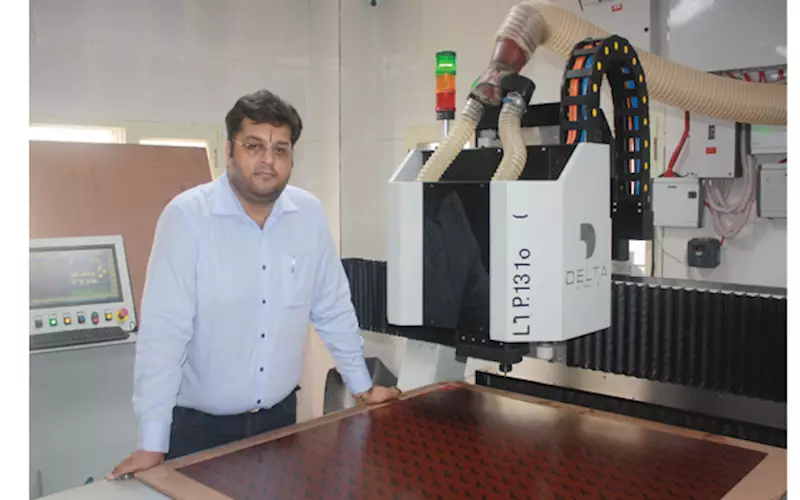
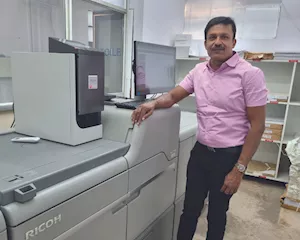
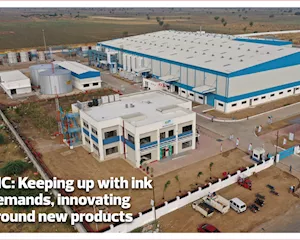
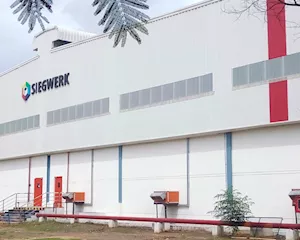
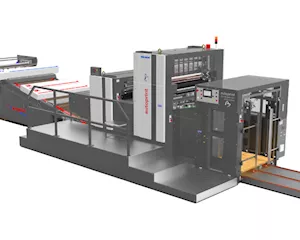
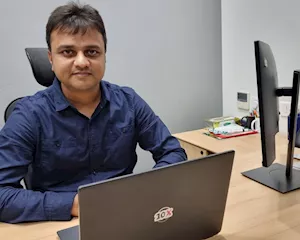






 See All
See All